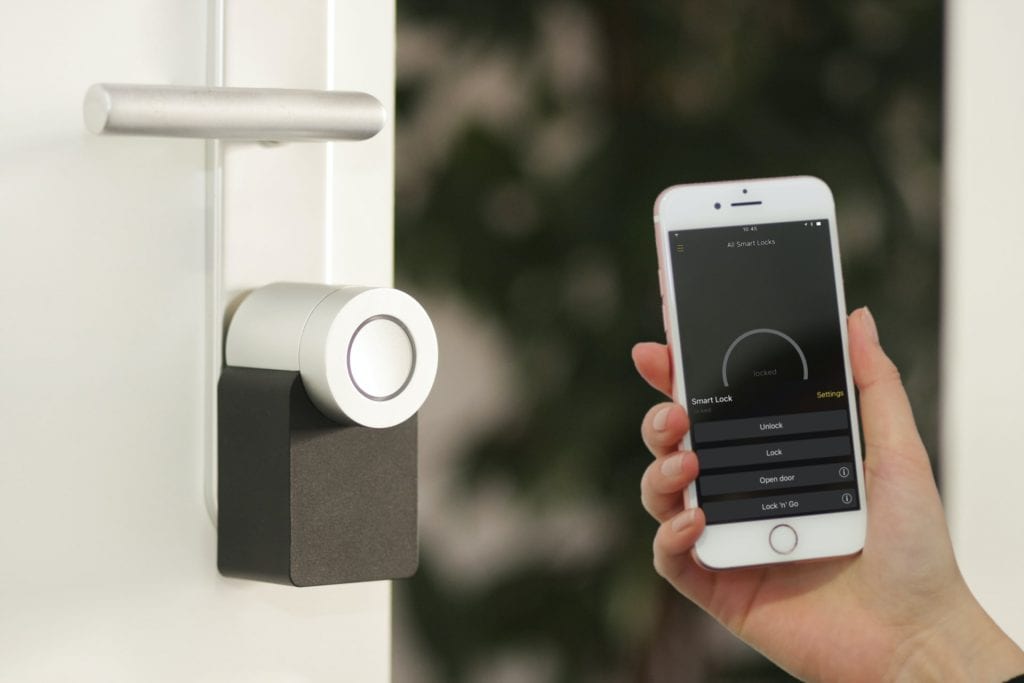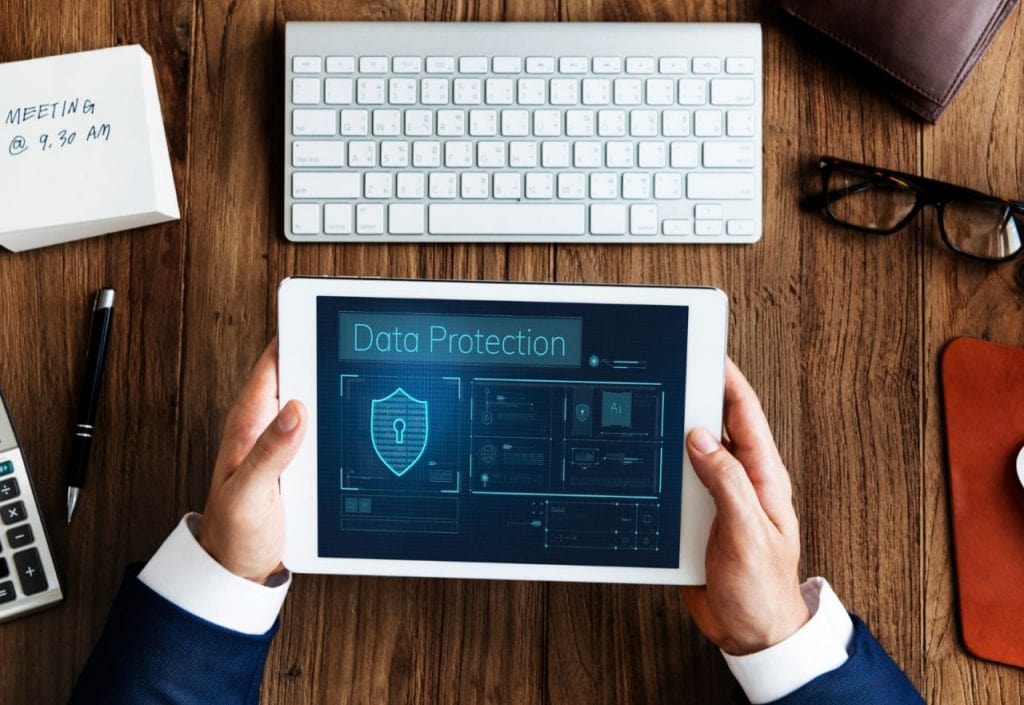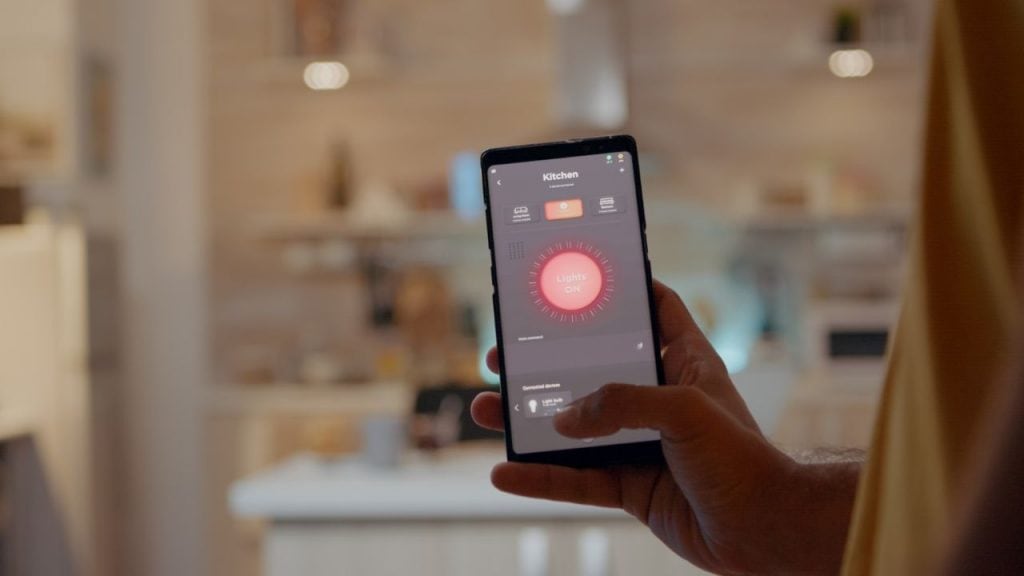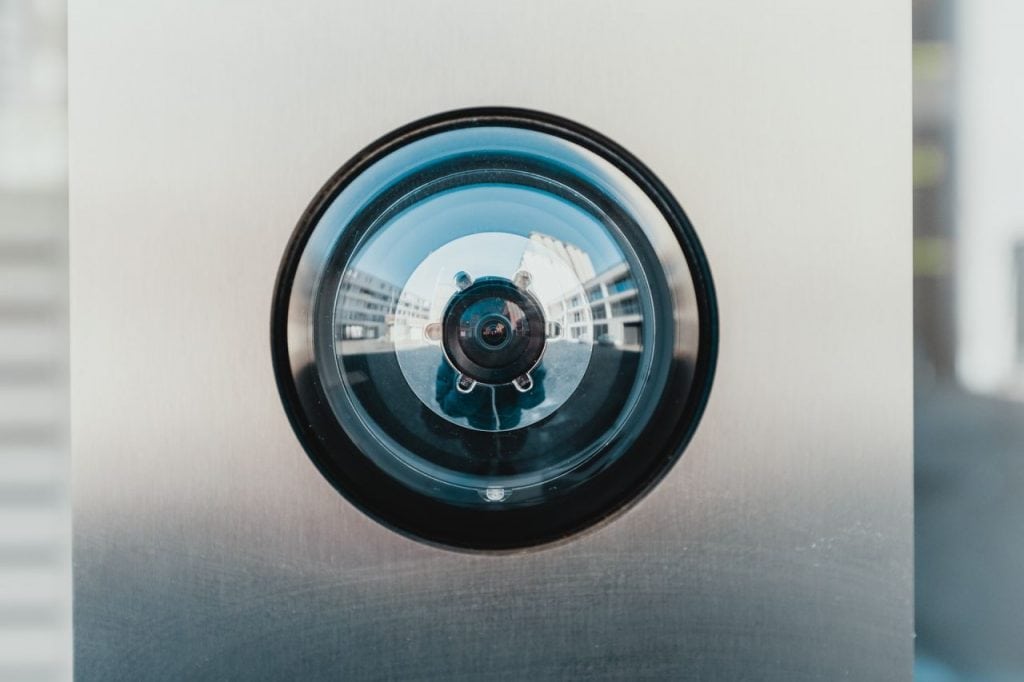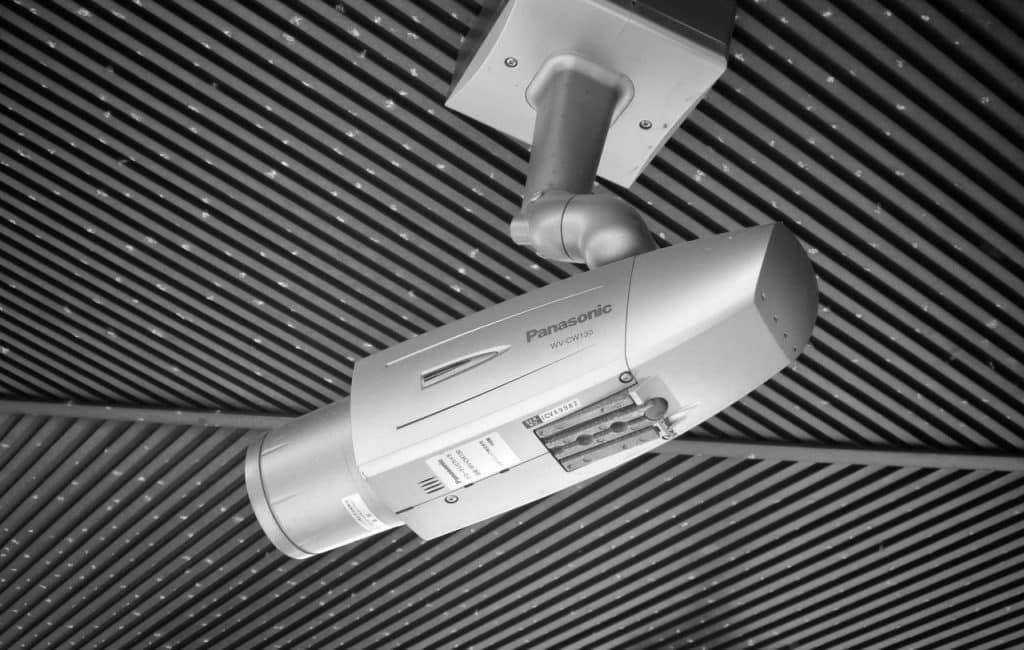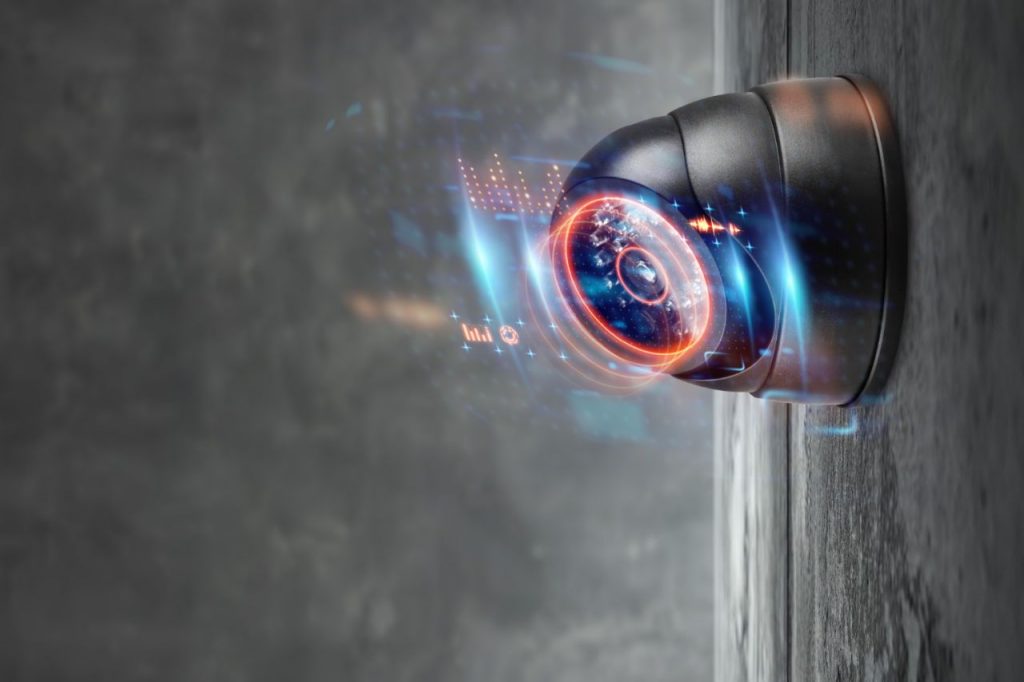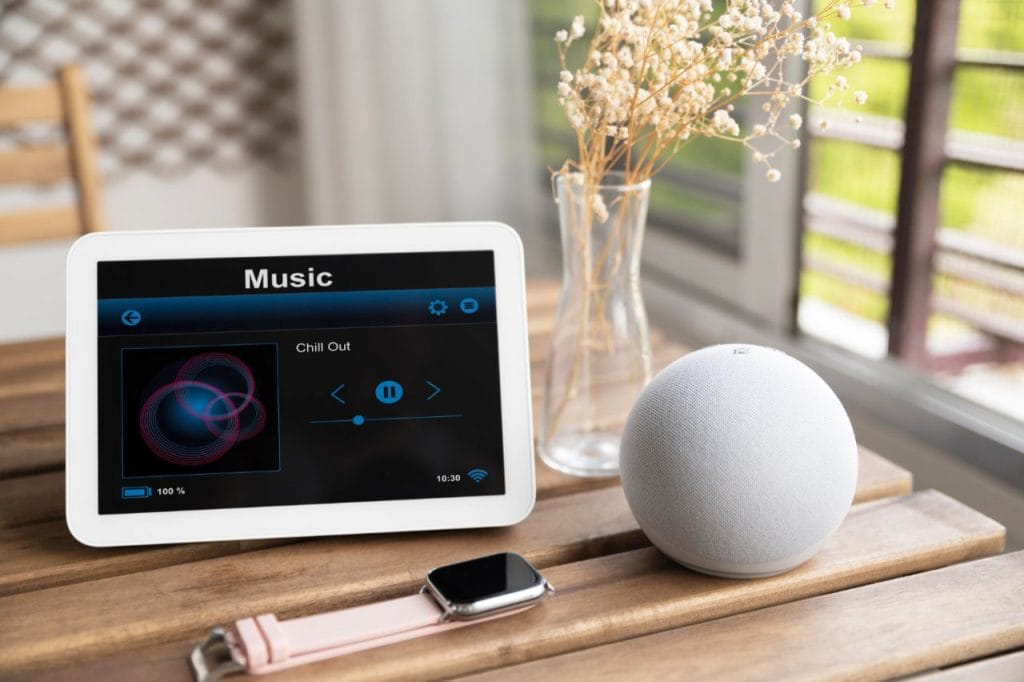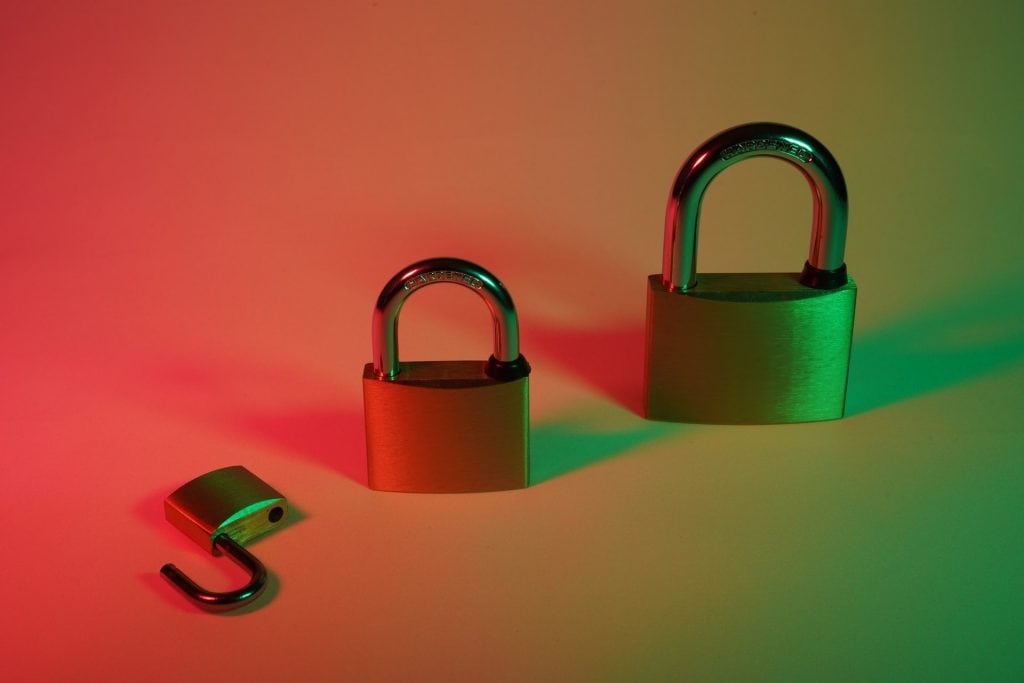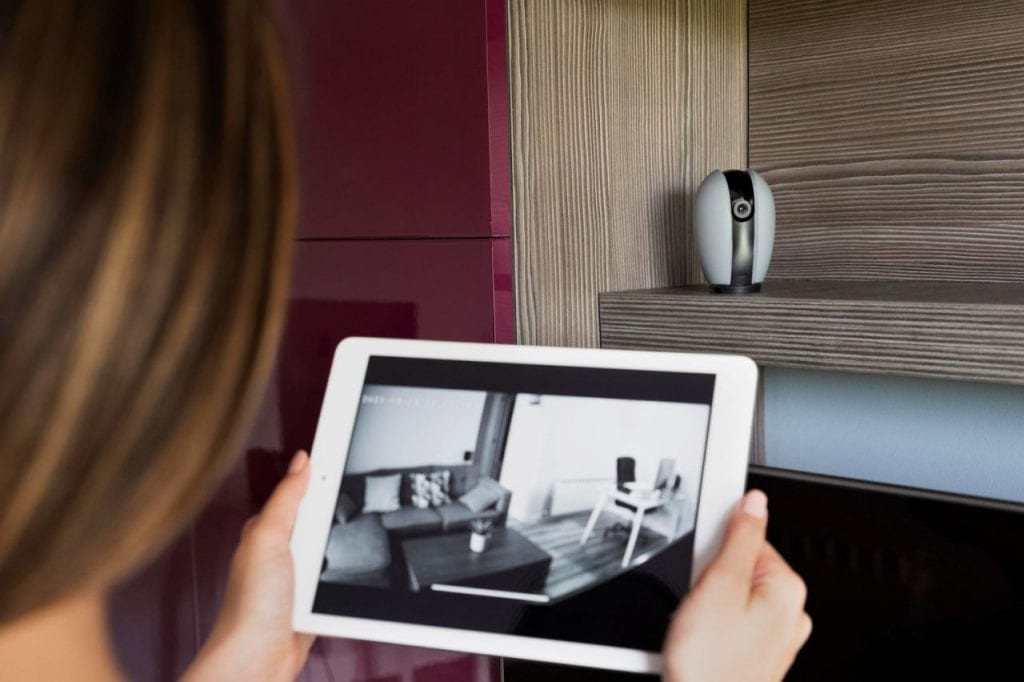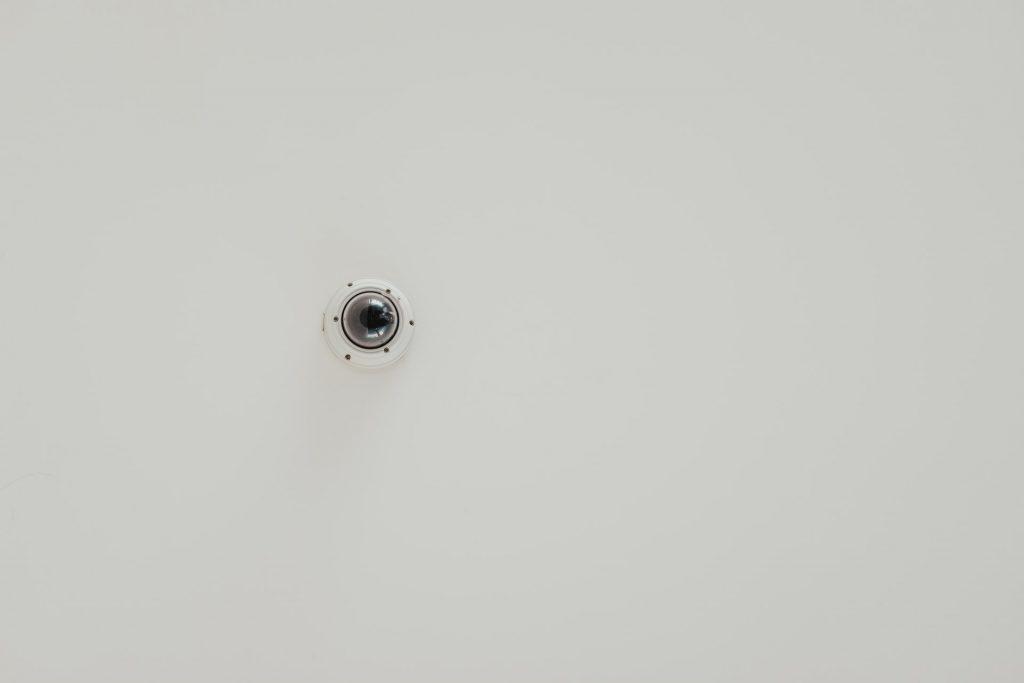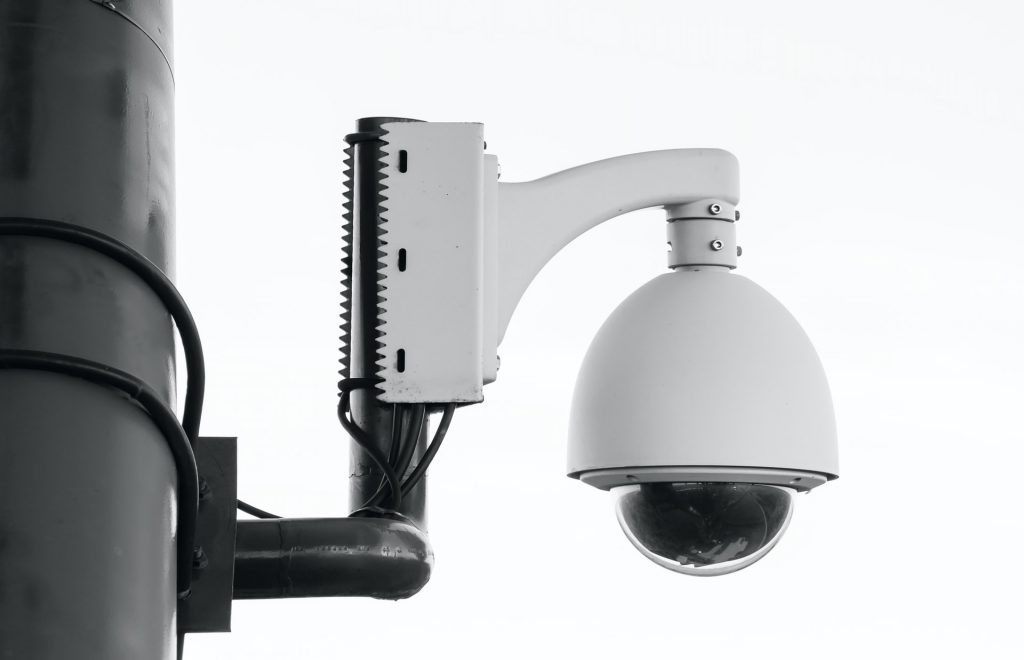People are starting to adopt the idea of smart homes, but is it all they're hyped up to be? Before you jump into buying that new device for your home, here are some things you should know about the disadvantages of a smart home.
About Smart Homes
Before you delve deep into the advantages and disadvantages of smart homes, you need to understand what smart home technology is all about. Having a clear idea of home automation will be the first step towards deciding whether you want to transform your home's system at all or not.
To put it simply, smart homes are homes that have all the electronic devices and security systems controlled by the owner with the click of a button, either using a mobile phone or any other device. From switching on and off of your coffee makers, ventilation to heating, from security to air conditioning, everything will be in your control, at a distance of a button with the help of smart technology. You click a button, and you can have complete control of which decision would be working and which would stop working right away.
Sometimes, smart homes also involve the usual home and kitchen appliances like cooking stoves, refrigerators, washing machines, dryers, etc. How much control you want to take on these depends on your budget. Of course, you can control the security of your home with a click. Also, look at future smart home technologies that are most likely to be part of our homes soon.
When you install the smart home system into your home, all the electronic devices and smart home appliances that you want to take control over will be connected to a central hub called the "gateway". This gateway would now be controlled by a web interface like mobile phone software or something similar.
Home Security FAQs
Is A Smart Home Worth It?
Yes, certainly, a smart home is worth every penny you will spend in the planning, purchase, layout, and installation. However, if you are not convinced, we have discussed some of the major benefits of standard or custom smart homes below.
- All the smart appliances can be linked using a single application that will provide you with master control over your house.
- Smart products can be controlled from remote areas also. If the smart systems are connected via Bluetooth, you will only access them within the defined range. But suppose you have chosen the IoT devices. In that case, there won't be any range restriction as IoT technology allows the user to operate the systems from anywhere, provided the system is connected to your mobile over the Wi-Fi network.
- Homeowners can plan custom smart homes as per their needs. Be it in terms of the appliances to be included or the type of smart CCTV cameras and door security. You will have the independence of choosing them as per your need.
- A smart home is much safer as compared to a normal residence. No physical intrusion is possible because the security systems are directly integrated with an alert system and your phone.
Another major benefit of future smart homes is reducing energy consumption. Even if you forget to switch off the appliances before leaving the house, you can do the same from your phone since the system will be connected to your device over the Wi-Fi. Hence, there will be no wastage of electricity.
Are Smart Homes A Good Idea?
Advantages and Disadvantages of Smart Homes on Are-smart-homes-a-good-idea.
Considering how the future smart homes can make life much easier and smoother, installing the technology at your residence is a good idea. However, before you do so, there are certain things that you need to know about a smart home.
- Smart home systems are fully automated, which means you can control them from your home without physically being present at the site.
- Laying out of a smart home is quite costly. Hence, you need to ensure that the total costs of having a complete smart house are within your affordability range.
- One can install smart appliances like ACs, refrigerators, ceiling fans, etc. Alarm and CCTV camera systems can also be automated and integrated with your phone. Nowadays, you even have access to smart security systems.
- Smart home products and systems use the latest technologies, especially AI, machine learning, and NLP. Hence, voice commands and motion sensors can be integrated with such systems.
Just like any other cyber-related technology, there will be several smart home security concerns that you need to be aware of.
What Are The Examples Of Smart Home Products?
In recent years, several smart home products have been introduced to the market that you can get for your residence. Below we have compiled a listicle of the products that can be operated remotely, thanks to the integration of smart technology. Also, consider future home technologies.
- Smart security systems
- Smart CCTV camera systems
- Smart ceiling fans and LED bulbs
- Smart air conditioners
- Smart alarm systems
- Smart refrigerators
- Smart door and window locks
Should You Invest In A Smart Home?
As we have seen before, there are many important advantages to smart home technologies. However, there are also some problems related to smart homes.
In the end, you should carefully evaluate all the pros and cons to make a profound decision of whether you want to invest in a smart home or not.
Are There Any Additional Costs For Building Smart Home?
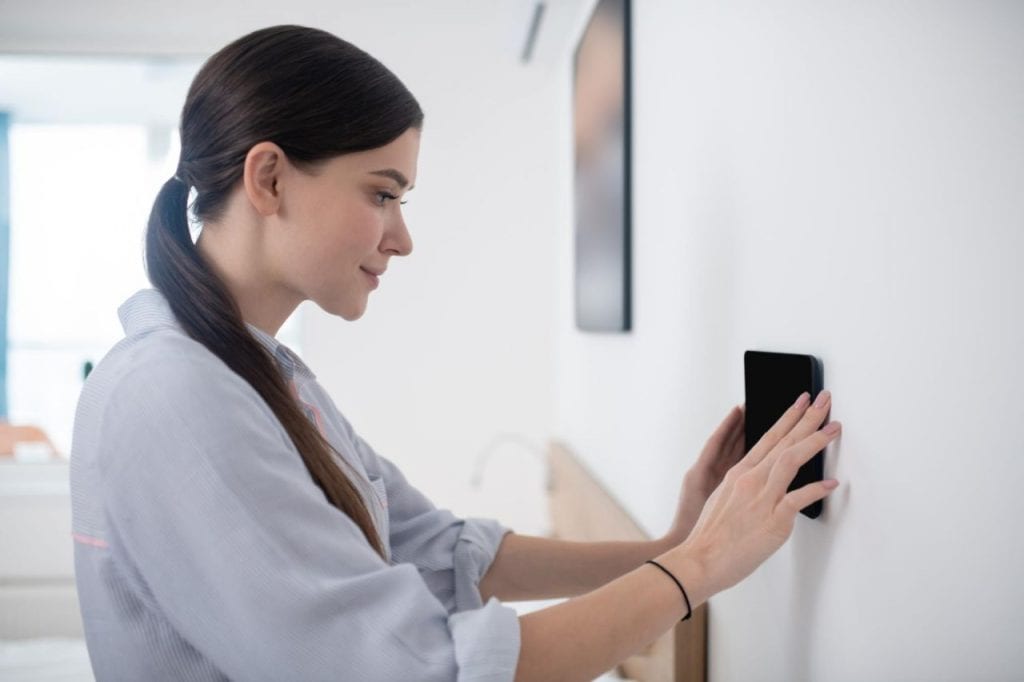
Sometimes, while installing a smart home system in your residence, you will have to bear the additional costs. These additional costs come in the form of setting up electric lines, demolition of the old structures and installation of new structures which will be compatible with the smart systems.
For example, let's say your residential garage has a manual shutter. If you want to install a smart security system in the garage, you will first have to change the manual shutter into an automated one. Only then you will be able to install the smart security system as automated shutters can be controlled from your home. Similarly, unless you buy smart washing machines, ceiling fans, and others, you won't control the appliances from another device. All these costs will be considered additional in installing the smart home products.
Components of a Smart House
A smart house is a technology used in homes that began in the 1980's1980's and provides safety, convenience and economic benefits. A house with smart technology is automated to control many common features. In addition, these homes use technology to increase comfort, security and energy efficiency.
Lighting
A smart house is equipped with monitors used to control many features in the home, including the lighting. People can use and adjust these features from a remote Internet connection with many smart houses. For example, the lighting may be adjusted from a keypad or checked remotely. The connection tells the homeowner what lights are on. The homeowner then turns the lights on and off as desired. Smart technology also works to save homeowners money. For example, a smart house can automatically turn lights down to where they are using only 50% or 75% of the power instead of 100%. This helps save money and extend the life of the bulbs.
Heating And Air
The ability to change the thermostat from a remote location is one component a smart house offers. The system is set up to heat and cool the home most efficiently through smart house technology. It runs the furnace at times where electric rates are the lowest and adjusts the house temperature based on whether people are home or not. These capabilities often result in lower electric and gas bills.
Security
From a remote location, a person can check the security of his home by viewing a feed from security cameras located throughout the home. This technology lets homeowners know if a window or door is ajar or open. This allows a homeowner not to leave the house open to vulnerability.
Entertainment
A smart house has many audio and video components. For example, a homeowner can turn music on from a keypad or computer, adjust the volume, and turn it off. The homeowner also can turn on TVs and DVD players. Many smart homes also come with components to do other things, such as opening and closing drapes.
Safety
A smart house has many safety components a homeowner can utilize. For example, many homes with smart technology have sensors that detect gas and water leaks. There are also sensors for smoke and other abnormal conditions. When a problem is detected, the smart house automatically shuts off the component relating to the problem.
Disadvantages of a Smart Home
Smart homes utilize top innovations such as advanced lighting elements and security systems to bring comfort and convenience to your living experience. As smart houses become more popular and technological advances are more widely used, owning a smart home has advantages.
Nevertheless, many factors still keep homeowners hesitant about purchasing a smart home.
Cost Of Intelligence
Installing state-of-the-art features inside the home results in a higher price tag for the property. The cost of an intelligent home that makes our lives convenient is high because some of the technology is relatively new. In new smart homes, wireless cameras and light sensors, a central touchscreen and automated systems are just a few standard advances in a new home. The cost of living expenses such as utilities, maintenance and repair of the technology can be expensive.
Technology Learning Curve
Owning a smart home means having to learn how to use your home. Unlike traditional homes, smart home technology requires you to adapt to the innovations within your living areas, such as security systems, air units and a remote that controls your entire house. For the technology-savvy family, the smart home will help achieve convenience faster. Still, for others, it will take reading manuals and learning how-to before the benefits of convenience pay off.
Video Surveillance
Video surveillance can be a wonderful tool in heightening security and deterring crime, but privacy issues can occur when the technology falls into the wrong hands. Security sensors within the doors and walls of smart homes use wireless technology to transfer signals to a central control unit that notifies emergency officials of any foreign activity. Video surveillance feeds are also transferred wirelessly to a home part that can be monitored. If the security feeds from the video and sensor fall into the wrong hands, your smart home could be monitored by those who have managed to hack it.
Significant Installation Costs
As we can see from the previous analysis, smart homes can be a great way to facilitate our daily life. However, there are also some problems related to smart homes. For example, one disadvantage of smart homes is that they can be quite costly.
There might be high installation costs which may amount to many thousands of dollars.
Depending on the system's quality, there might be even no limit, and many people might not be willing to spend this kind of money on their smart home.
However, smart homes can also save you money in the long run due to energy savings.
Thus, if you consider engaging in smart home devices, you should also consider the long-term benefits, not only the high initial costs of this technology.
Reliable Internet Connection Is Crucial
Another downside of smart homes is that they need a reliable internet connection to work properly.
For instance, if you live in an area where the internet connection is rather poor, you might experience serious issues since your smart home devices might not respond the way you want them to.
Moreover, if you want to control your smart home device from your work or other remote places, you might not be able to do so since you might not be able to connect with your devices sufficiently.
Security Issues
There might also be some security issues associated with smart home technologies.
For example, burglars could hack into your smart home system and open the lock to get access to your home. Moreover, hackers may also steal your data.
Thus, even though smart homes are quite convenient, there are significant security issues related to them, and you should be aware of those issues if you plan to invest in smart home devices.
Technological Problems In Connected Homes
Another issue with smart homes is that they are rather complex technological systems and, therefore, quite vulnerable to technical problems.
For instance, if there are connection problems from your smartphone to your household devices, the chances are that you will no longer be able to control your smart home device anymore.
Even though technology progresses and becomes better over time, technological issues might still be a problem, and nothing works 100% of the time.
You May Lock Yourself Out Of Your Own House
If your smart home system has been set up in a quite poor and incompetent manner, you might even lock yourself out of your own home.
For instance, if the voice system will not recognize your voice anymore, you may not be granted access to your house, and you might have to call an expert to open your door instead, which can be quite costly, especially on weekends or at late hours.
Helplessness If Technology Fails
Our technological progress can be considered a good thing since it can improve the quality of life of every one of us.
However, there are also some problems related to technology. For instance, you might be quite helpless if your smart home technology fails.
Since you always relied on this technology to work and adapted your behaviour, you might feel lost if your smart home technology will not work anymore.
Thus, excessive reliance on those technologies might not be a good thing, and you should always stay independent enough to handle your life, even if your smart home devices fail.
Some people may not like smart technologies. Many people also don't like the idea of a smart home. The older generation is often quite sceptical about it.
Since we often hear about weaknesses of those systems which make it easy for burglars to get into our home, many people may refrain from those smart home technologies and rather rely on their old-school locks, even if those locks are also quite unsafe.
Maintenance And Repair Issues
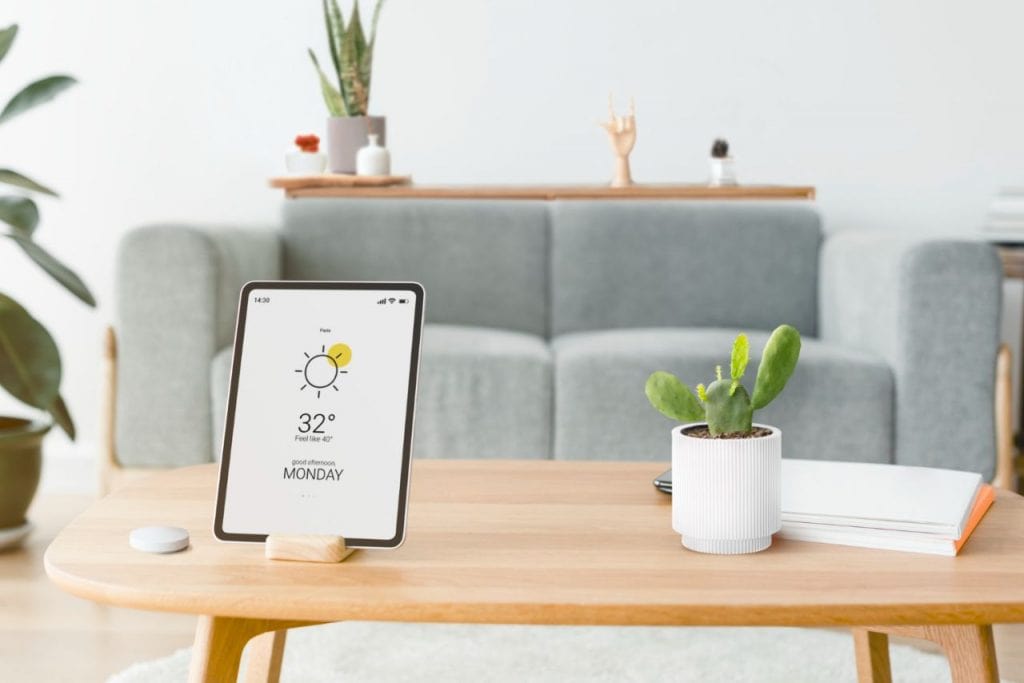
Smart homes may also imply some problems regarding maintenance or repairs.
Especially if you live in remote rural areas, you might have a quite hard time finding someone who has the expertise to fix issues with smart homes.
Many handypersons are not skilled enough in this field yet, and finding an export to fix those smart home technologies might not be easy.
In the worst case, you might have to fix those issues by yourself, which would imply that you have to spend long hours learning all the technical stuff yourself.
Some Initial Learning Efforts Necessary
Even if the smart home system works properly, there is still some learning required from your side
to manage your home from just one single device. So, in the first days, you might feel a little bit overwhelmed.
However, you will quickly get used to the new functions that are available to you and over time, controlling your household devices with your smartphone will be no big deal anymore.
Compatibility Problems Between Devices
Even though the idea behind smart homes is to have one single program that allows us to connect to all of our smart devices, there are some compatibility issues in real life.
For instance, some household devices may require app A while others may require app B.
Thus, you might need to use various apps to control all of your devices, which may be rather inconvenient and exhausting in the long run.
Surges Are Possible
Due to the interconnectedness of those household devices, the probability of surges also increases.
If your home is not protected properly, this may increase the chance for fires, and in the worst case, your house may burn down due to the use of too many smart household devices at the same time.
Smart Home Technology Not Suitable For All Houses
Depending on how old your house is, it may not even be suitable for smart home technologies since those technologies often require certain wiring, and many old buildings do not have proper wiring in this regard.
Thus, before you decide to install smart home devices, make sure that your home is suitable for it.
Technology May Become Outdated Soon
Another disadvantage of smart homes is that the technology used may become outdated soon.
Our technological progress is astounding, and things that seemed to be impossible may become possible in just a few years due to artificial intelligence and machine learning.
Therefore, if you install a smart home right now, the chances are that you will not be up to date a few years from now and that you may have to make plenty of adjustments over time.
Privacy Concerns
Critics of smart homes also often claim that there might also be significant privacy issues related to smart home technologies.
For instance, if you use a smart voice recognition system, your data may be gathered by those companies, and you may not know what happens with this data and for what purposes it may be used.
Therefore, there are also some privacy concerns related to smart homes, and you should evaluate yourself if you want to risk giving away your data to third parties.
Conclusion
With all these pros and cons of smart homes, it will be easier for you to decide whether you want to install this system in your house or not. Certainly, this installation would help you upgrade your house to a great extent. On the other hand, it will increase the property price for your home hugely.
The only thing that you need to make sure of is that you choose a good company that offers this system. Ask people who have already used this system and have installed it in their apartments in Kozhikode. There are quite many companies that offer the smart home system nowadays.
All of those companies offer some special feature or the other. But, of course, the prices vary. It would help if you decided your priorities and the things you are looking for. For small to big apartment sizes, there is one of the other smart home systems that you can choose. Decide what you are looking for and what your budget is, and you will be able to find one system that is suitable for you.
- Philips Hue. The best smart lights. ...
- Amazon Echo Studio. The best smart speaker. ...
- Arlo Pro 4. The best home security camera. ...
- Eve Energy. The best smart plug. ...
- Eufy Video Doorbell 2K. The best video doorbell. ...
- Google Nest Hub Max. ...
- Nest Learning Thermostat. ...
- Best smart lock: August Smart Lock Pro.
